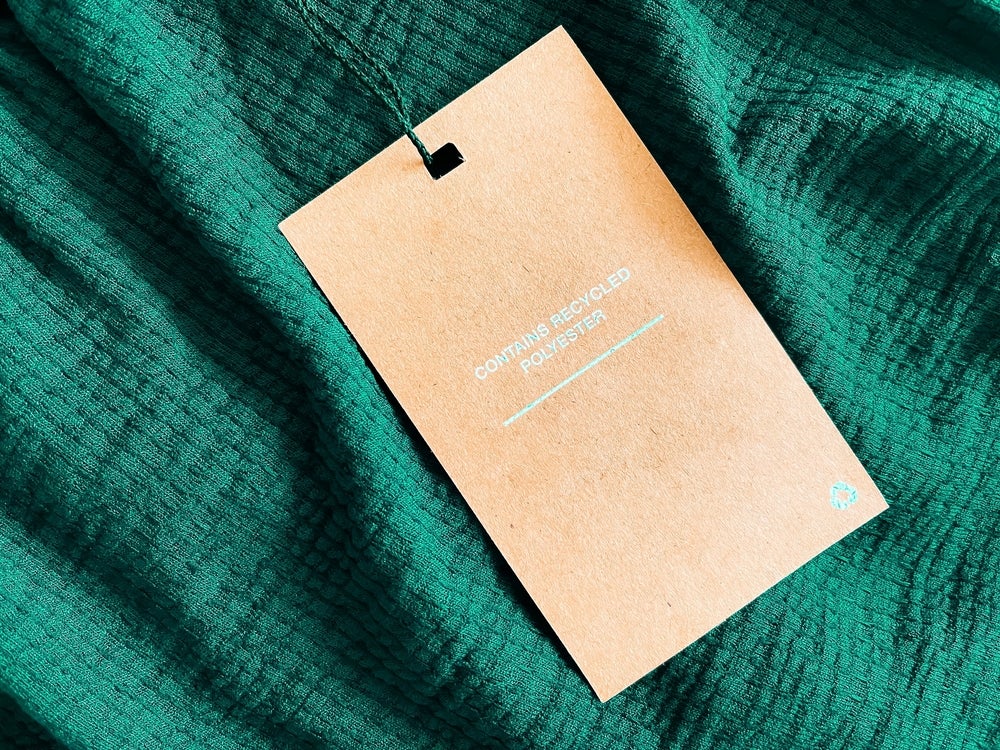
Polyester will remain by far the most widely used type of fibre in textile and garment production for the foreseeable future, despite strong growth in other fibres, such as cellulosic, natural and those derived from bioplastics, according to a new report titled ‘Fibre innovations aid the creation of circular textile and apparel supply chains’.
Published by global business company Textiles Intelligence, the report adds that polyester production is predicted to surpass 80m tonnes by 2030.
The report also highlights that a number of large-scale projects are under way to enable fibre-to-fibre PET polyester recycling (FFrPET).
It notes the scaling up of the FFrPET industry is gaining momentum given major companies are working on circular systems for the material with considerable funding, size and scale at their disposal.
Fibre-to-fibre recycled polyester projects currently underway
- Eastman’s recycling plants
Material innovation company Eastman Chemical is investing in recycling plants based on a process called methanolysis. It is said to have the capacity to recycle 110,000 tonnes of polyester annually at its single plant in the US.
However, the report explains it plans to open two more plants — one in France and another in the US, which means the company could triple its overall capacity by 2026.

US Tariffs are shifting - will you react or anticipate?
Don’t let policy changes catch you off guard. Stay proactive with real-time data and expert analysis.
By GlobalData2. Suez and SK Geo Centric’s PET plastic and fibre recycling plant with Loop Industries technology
Environmental solutions company Suez and chemical company SK Geo Centric (SKGC) are working together to establish a PET plastic and fibre recycling plant in France based on Loop Industries technology, which takes waste PET plastic and polyester fibre and turns them into high value materials.
The new recycling facility is expected to manufacture 100% recycled and infinitely recyclable virgin quality PET resins and have a planned capacity of 70,000 tonnes per year.
3. Indorama and Carbios enzymatic bio-recycling production plant
PET resign company Indorama and biochemistry company Carbios are constructing an enzymatic PET bio-recycling production plant. The plant will have the capacity to process around 50,000 tonnes of post-consumer PET waste each year.
4. Andritz Group’s recycling projects and industrial-scale business
Process technology company Andritz Group is said to be involved in a number of recycling projects in France through its Andritz Laroche subsidiary. Also, it is collaborating with optical sorting company Pellenc ST and industrial automated sorting company Synergies TLC to create an industrial-scale business, called Nouvelles Fibres Textiles, which combines Pellenc ST’s automated sorting technologies with Andritz recycling machines.
5. Inditex and Ambercycle commercial-scale textile regeneration factory
Spanish fashion conglomerate Inditex has formed a strategic partnership with material science company Ambercycle to support the construction of the latter’s first commercial-scale textile regeneration factory.
Ambercycle has developed a chemical process for breaking down polyester into its constituent monomers, and these monomers can then be used again to make regenerated polyester fibres.



